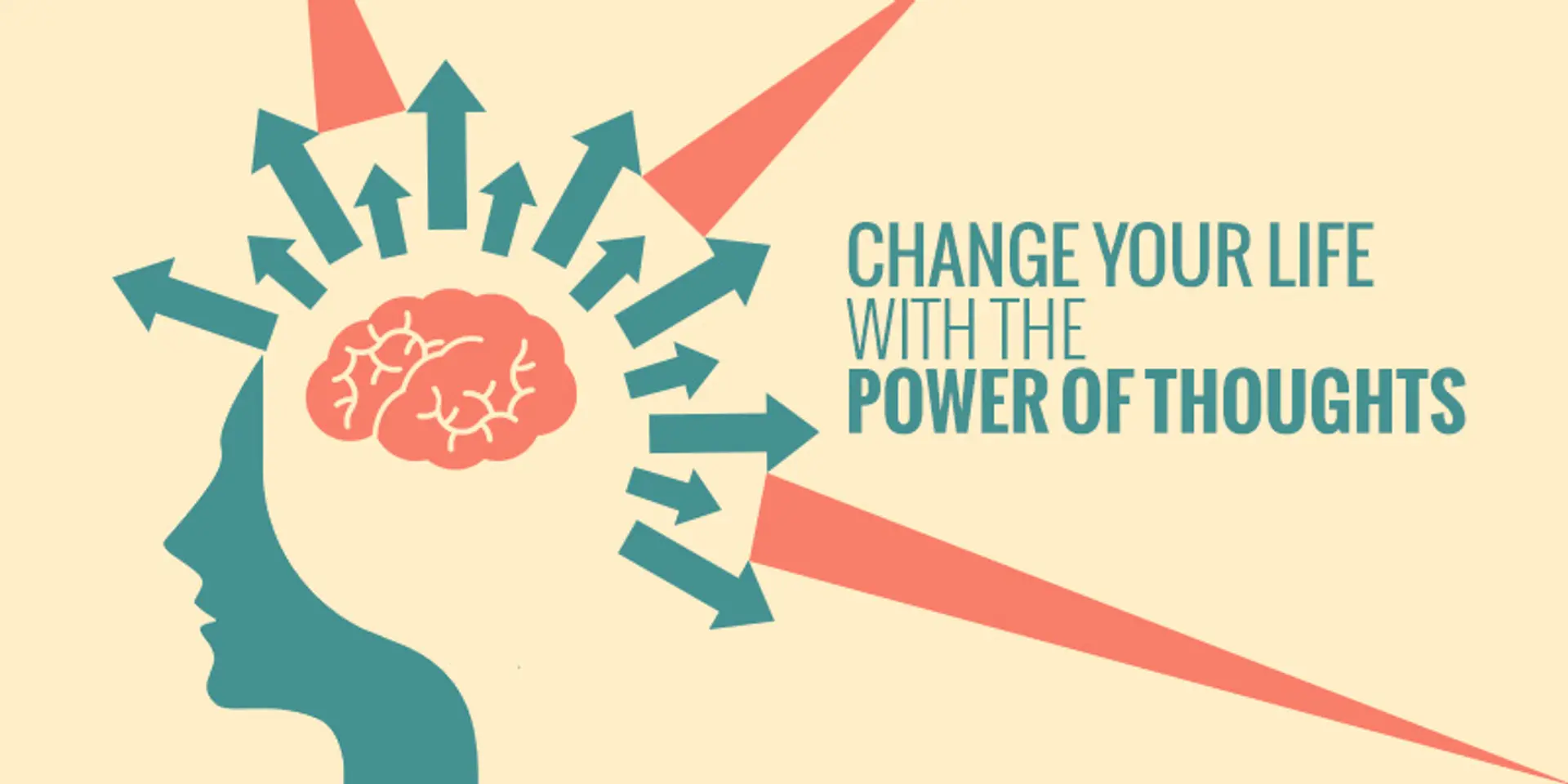How you can change your life by thinking: The science behind the power of thoughts
When I first came across Christie Marie Sheldon’s talk from Awesomeness Fest on Youtube titled, ‘How to change your frequency to change your reality,’ the skepticism was hard to hold back. While I try to maintain a healthy distance from lifestyle coaches, internet savvy spiritual leaders and self-help gurus of all kind- I am also aware that treating everything to be hogwash keeps me from discovering information that can be genuinely helpful and sometimes, like in this case, even life changing. Though it is best to be wary of many of her projected metrics (love vibrations?), her talk is eye opening in many ways.
Sheldon raises some hard hitting points to being with-ones that if you are willing to be honest with yourself- will make you squirm.
“If you look at the world the way I see it, you will then be tapped into the causal plane where everything can be changed. Because everything you see in the out-picturing of your life really is the effect of your life. And everything that created it was created by all your thoughts, beliefs, ideologies and every judgement you've ever made. Those points of you make up your reality. That’s why your life is the way it is.”
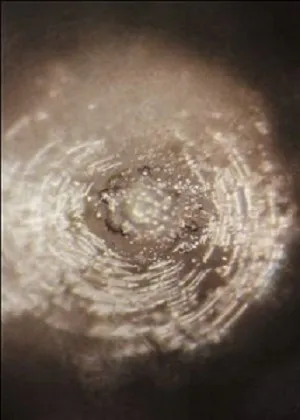
To demonstrate her question, “Can you and your energy influence your environment?”, Sheldon cites Dr. Emoto’s experiment with water crystals. In 1994 Dr. Masaru Emoto conducted an experiment with water to test out a hypothesis about how positive and negative energies affect our environment. He froze bottled water and studied the molecules under a microscope. What he saw were shapeless molecules. Subsequently he froze other bottles of water and labelled them with key phrases: ‘Love and thanks,’, ‘I hate you. You make me sick,’ ‘Joy,’, ‘You fool,’ and purportedly the most powerful of them all- ‘Gratitude.’ These images, posted by Emoto on his website, detail what the water crystals from each label look like after a few hours of refrigeration.
If your gut reaction, like mine, is to scoff then recall these words by Maria Popova, “Critical thinking without hope is cynicism. Hope without critical thinking is naiveté.” So hold on to your judgements, but don’t let it undermine your capacity for wonder. Dr. Emoto, on his website, says, “This world is filled with wonders and mysteries that get more incomprehensible if we try to think of a reason. Except for some of truly basic things, no one disagrees that there are still so many unknowns.
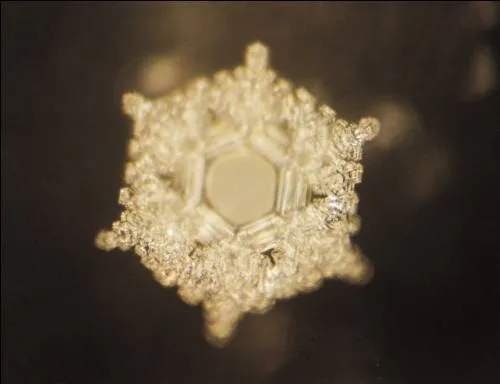
Everything is combination of energetic vibration. As vibration resonates, it makes some tangible objects. The photograph of crystals is neither science nor religion. Nevertheless, the world it shows is truth, and there is no doubt that many messages essential to our lives are hidden in it.”
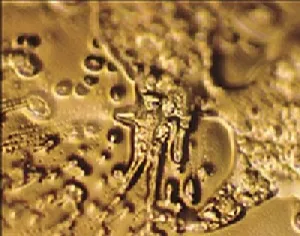
Dr. Emoto’s findings have their own share of supporters and critics and you should form your own opinion on the veracity of his claims. Sheldon endorses them wholeheartedly and asks us to think that given the human body is made up of 70 % water, what kind of energies are we transmitting in our own lives when we go are so hard on ourselves for our mistakes (You fool) and judge others constantly.
If all this seems like fantasy, then here is some hard science-not to back up Dr. Emoto’s study-but to support the ideas that he is peddling. “New studies reveal a subconscious brain that is far more active, purposeful and independent than previously known. Goals, whether to eat, mate or devour an iced latte, are like neural software programs that can only be run one at a time, and the unconscious is perfectly capable of running the program it chooses,” reports the New York Times regarding a recently concluded Yale research.
Think of yourself as a computer. The windows you browse (your consciousness), the websites you visit, what you tweet, post on Facebook or Instagram and the kind of content you consume informs your thoughts, opinions and perceptions and guide your understanding of the world. But the impressions do not stop happening once you close the tabs and switch off your browser. The programs installed in the machine continue running and it is they which ensure the efficiency of the machine.
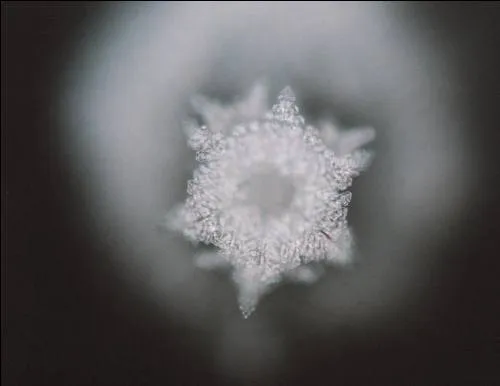
The good news here is that you can choose to install what programs you like and remove the ones that are weighing you down and affecting you negatively. The earlier belief was that life is mostly predetermined for us because our temperament, attitude and outlook is influenced by our genetic and molecular makeup- a gift inherited from our parents and the gene pool they come from. It is these factors which influence our thoughts, perceptions and behaviours and ultimately our actions.
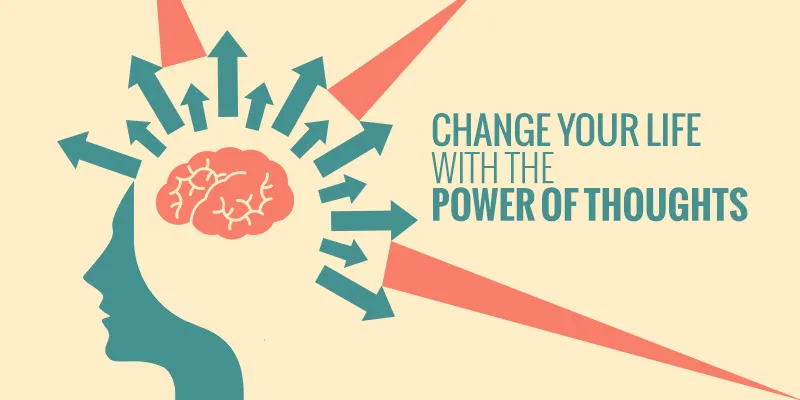
But a slew of new research shows that the truth is entirely opposite. Our thoughts, perceptions and judgements directly affect our biology. So the more self-critical and judgemental you are, the more your subconscious will work to convince you of your worthlessness. But if you make a habit of surrounding yourself with positive reminders and vibes, then the same thoughts will direct your actions towards goal orienting behaviour. Though you can’t control how your subconscious directs your actions and perceptions, you can choose what to feed it.
Cellular biologist Bruce Lipton, a leading authority in this field, has this to say: “Your mind will adjust the body’s biology and behaviour to fit with your beliefs. If you've been told you’ll die in six months and your mind believes it, you most likely will die in six months. That’s called the nocebo effect, the result of a negative thought, which is the opposite of the placebo effect, where healing is mediated by a positive thought.”
In fact the power of thoughts are allegedly so powerful that they not only affect ourselves but, when harnessed collectively, can change the outcomes of society as a whole. This phenomenon is termed the Maharishi Effect. First published in a paper in 1976, it was reported that when 1% of a community practiced the transcendental meditation program, the crime rate was reduced by 16% on average. In 1960 Maharishi Mahesh Yogi, the founding father of this movement, predicted that one percent of a population practicing transcendental meditation technique would produce measurable improvements in the quality of life for the whole population.
Though not without its share of skeptics and critics (who raise fair points), the Maharishi effect has nevertheless been studied under rigorous scientific methodology and has, for decades now, yielded stunning results which defy human logic.
Dr. Lipton believes that gene activity changes on a daily basis, that the perception of the mind is reflected in the chemistry of the body. Twenty first century science finally proves what Buddhist philosophers and ancient statesmen knew all along- that an individual’s full potential can only be realised when there is complete harmony between the soul and the body.
Sheldon says, “You are a living, perceiving, knowing being who is in a body. As an infinite being, there are two things that will determine your fate- choice and awareness.”
She goes on to state that choice will always overrule. That we have to choose something really powerfully. Then realize all the things that have come up that stand in the way of us carrying out that choice. “Then all you have to do is just clear those blocks one by one in your subconscious.”
Our thoughts affect our reality. If you want to change your reality, you know where to begin.


